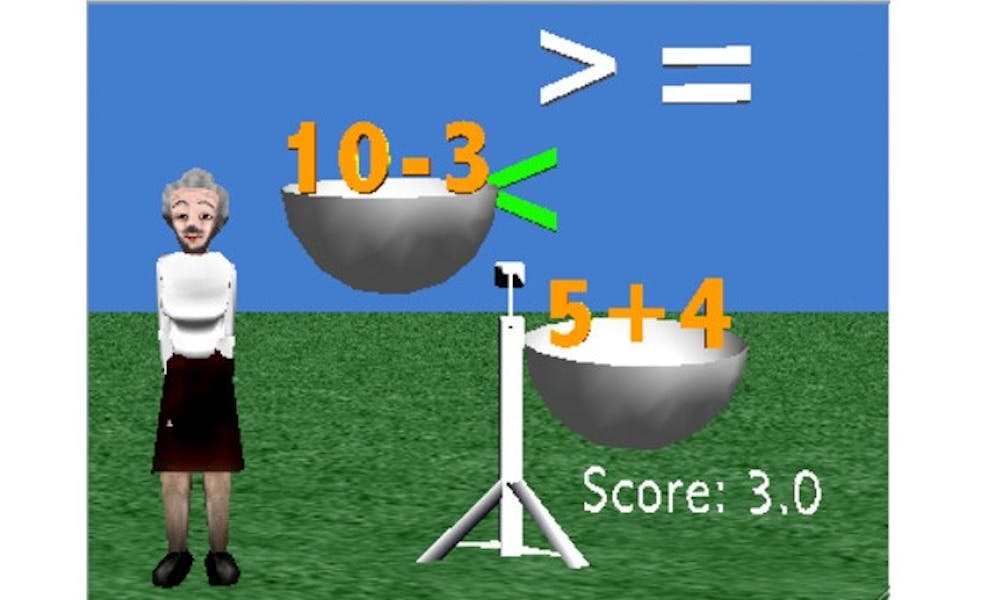Kids have found a new wonderland—not in Disney movies, but in the world of computer programming.
The Adventures in Alice Programming project strives to expose students to computer science by introducing a user-friendly programming language. The project was initially funded by the National Science Foundation and ran in six regions—Durham, N.C.; Virginia Beach, Va.; San Jose, Calif.; Denver, Colo.; Charleston, S.C.; and Oxford, Miss.—from 2006 to 2009. Beginning this month through June 2016, Duke received a continuing grant of $2.5 million from the National Science Foundation to introduce Alice in classrooms throughout N.C., S.C. and Miss.
“The [purpose of the] project is to try and integrate computer science into K-12,” said Susan Rodger, professor of the practice in Duke’s computer science department and regional leader of the project. “Computer science is not really in K-12 and a lot of students aren’t really choosing it as a major when they come to college.”
Alice is a 3-D programming language that allows students to create programs visually. The drag-and-drop steps are then translated into a production-oriented programming language, such as Java or C++, allowing students to animate stories and games.
Rodger noted that Alice is “set up for beginners to make it easier for them. You put these [3-D] objects in there, you make them interact [and] you tell a story.”
Because of its storytelling components, Alice is also a great way to get more girls involved in the predominantly male-dominated field of computer science, Rodger said. She added that her main targets are middle school students.
“Studies have shown that [middle school is] a place where students are thinking about what careers they’re looking for,” Rodger said. “I’m hoping that by exposing them to programming, they might possibly choose it as a course in high school or college.”
Since 2008, Rodger said, the Alice team has trained more than 120 teachers. Every summer the team runs workshops for K-12 teachers. During the workshops, participants learn how to use Alice, as well as how to integrate the program into their classes. Follow-up workshops are also offered so teachers can share their experiences using Alice. This year the workshops will be held in June and July.
Students involved with Alice said they are excited to begin working on the project.
“I look forward to helping out at the workshops and more importantly, I want to ask the teachers for their opinions on future projects,” said Chitra Gadwal, a computer science major at the University of Maryland, Baltimore County and a member of Rodger’s student team. “I want to know what math topics are hardest for them to teach and what topics are hard for students to understand.”
Peggy Li, a sophomore at Duke and member of Rodger’s team, shares Gadwal’s sentiments.
Li said she hopes that Alice will “foster a greater appreciation for both computer programming and education,” as well as demonstrating how computer science is integrated into other fields.
Get The Chronicle straight to your inbox
Signup for our weekly newsletter. Cancel at any time.

